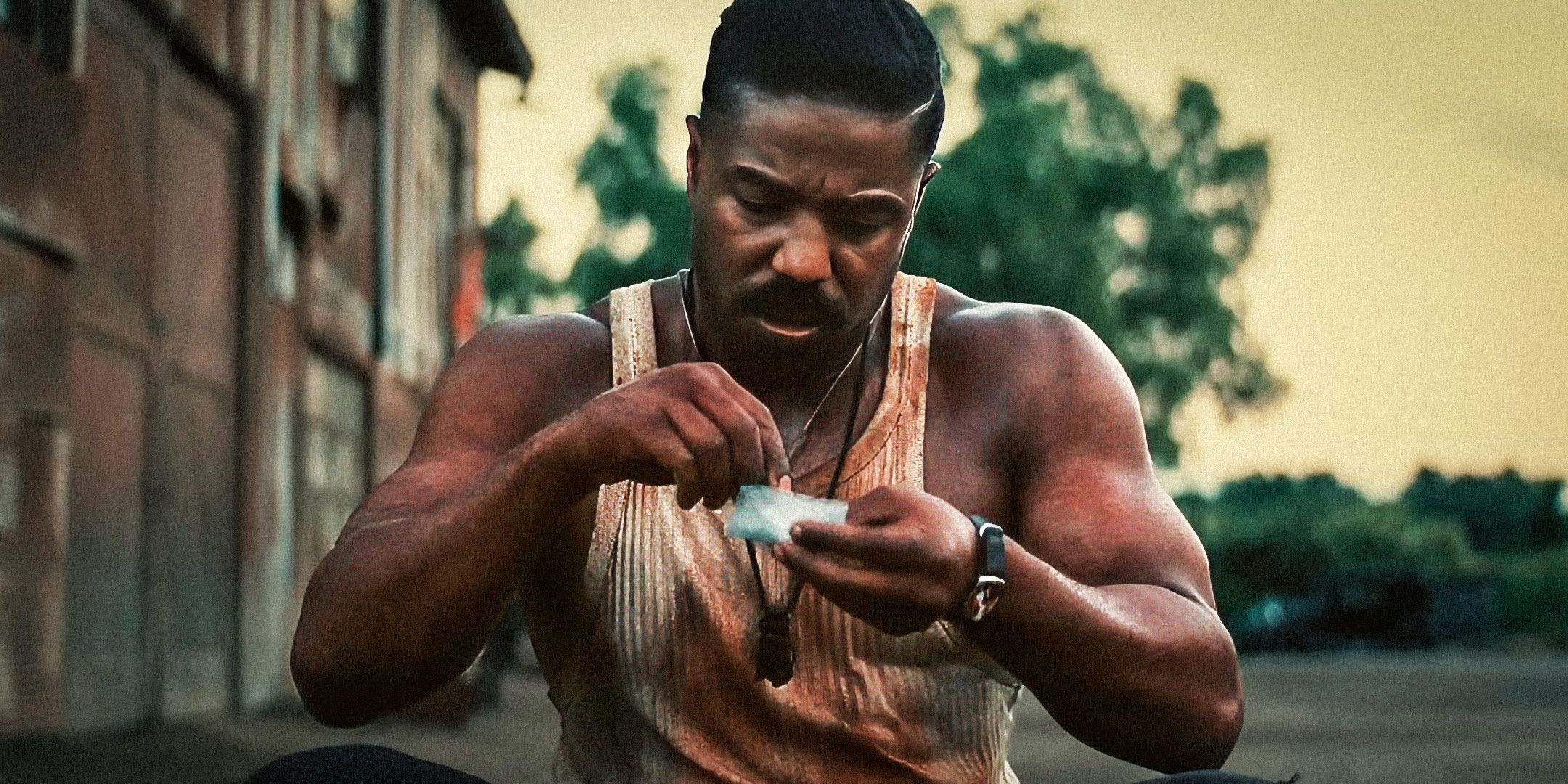
In Mike Flanagan’s latest critique on the film “Sinners”, he subtly points out that it shares numerous similarities with one of his most successful Netflix series. Over the years, Mike Flanagan has enjoyed a remarkable stint as a television producer for several popular Netflix productions. Although not all of his Netflix shows, such as “The Midnight Club”, have matched the same level of commercial success, most of the series he directed boast impressive Rotten Tomatoes ratings. Having completed his tenure with Netflix, Flanagan is now back to filmmaking, with his upcoming film “The Life of Chuck” set for release soon.
On occasion, Mike Flanagan, the director, expresses his thoughts on both modern and classic entries in the horror genre. He frequently pens thoughtful reviews for films he adores on Letterboxd, a platform that has earned him over 100k followers. Following the viewing of Ryan Coogler’s Sinners, Flanagan, like many others, was compelled to express his admiration for the movie’s brilliance. Upon further examination of his review, it becomes evident that Sinners shares thematic and narrative similarities with one of Flanagan’s own critically acclaimed horror series on Netflix.
Mike Flanagan Called Sinners A Metaphor For “Racial And Cultural Identity, Appropriation, And Legacy”
Mike Flanagan Appreciated The Movie’s Use Of Vampirism As A Metaphor
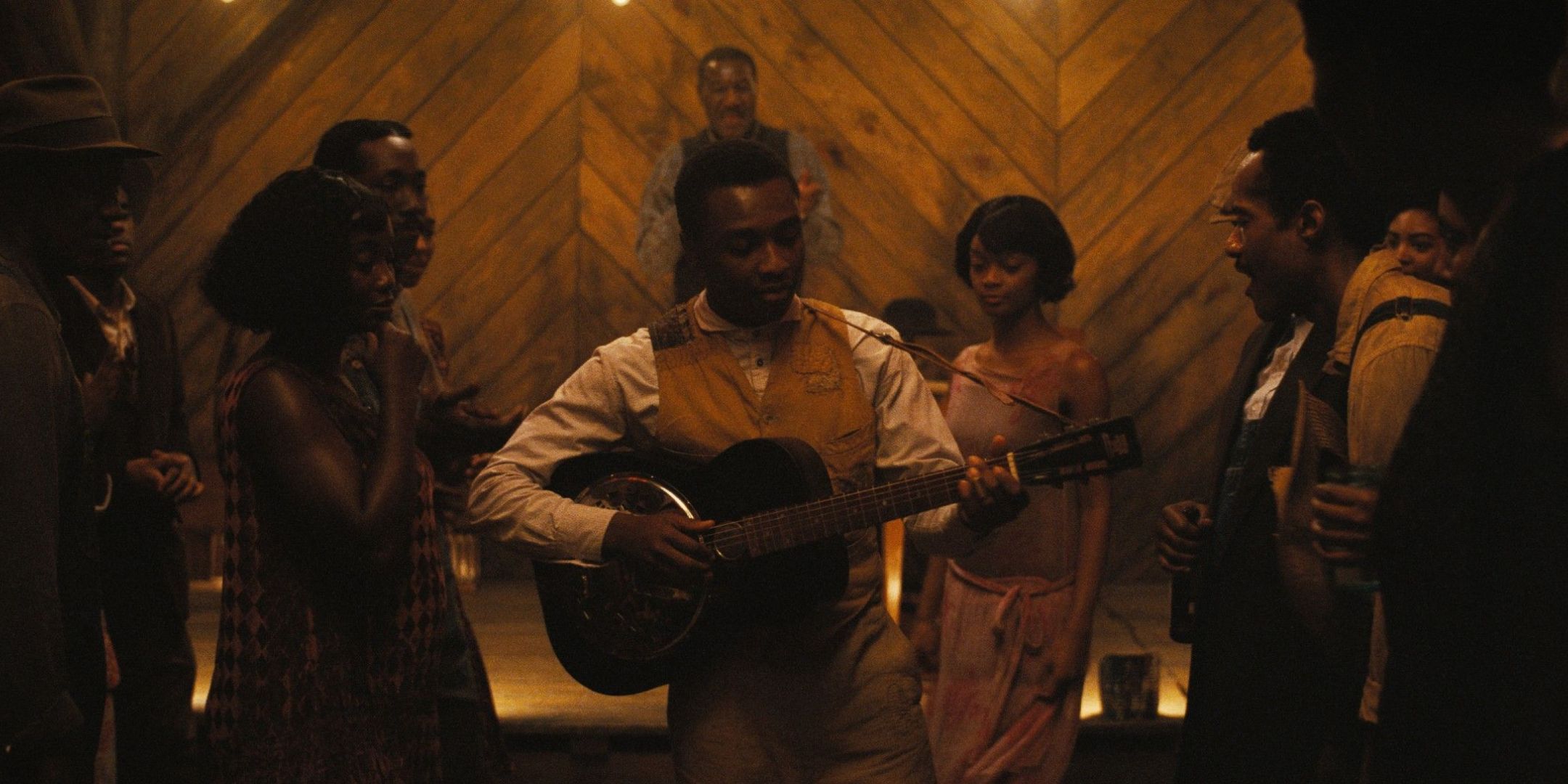
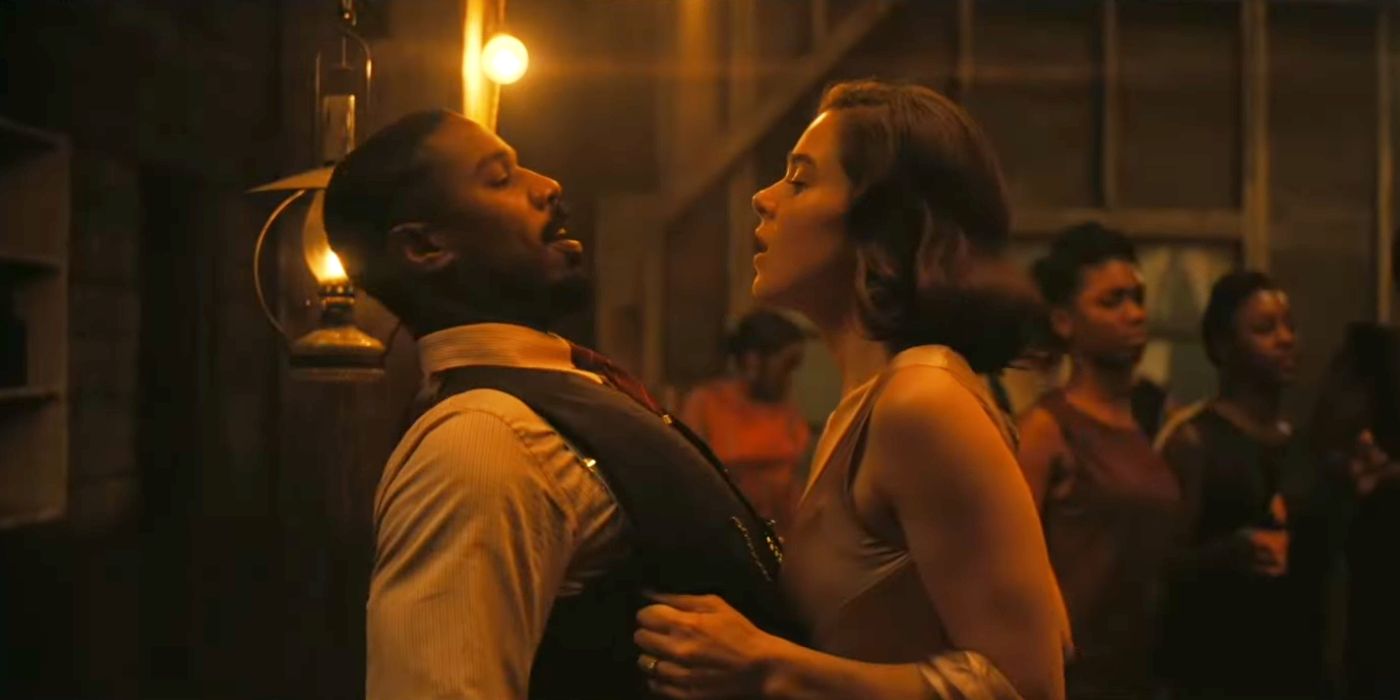
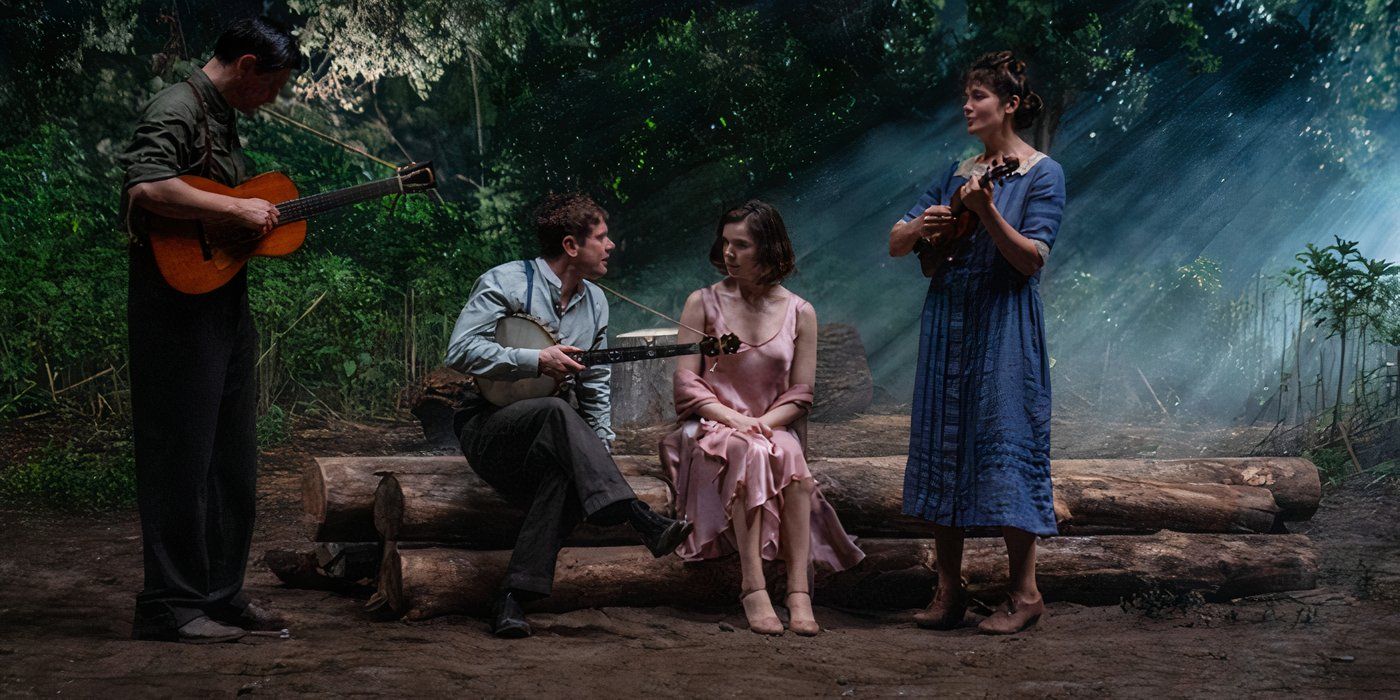
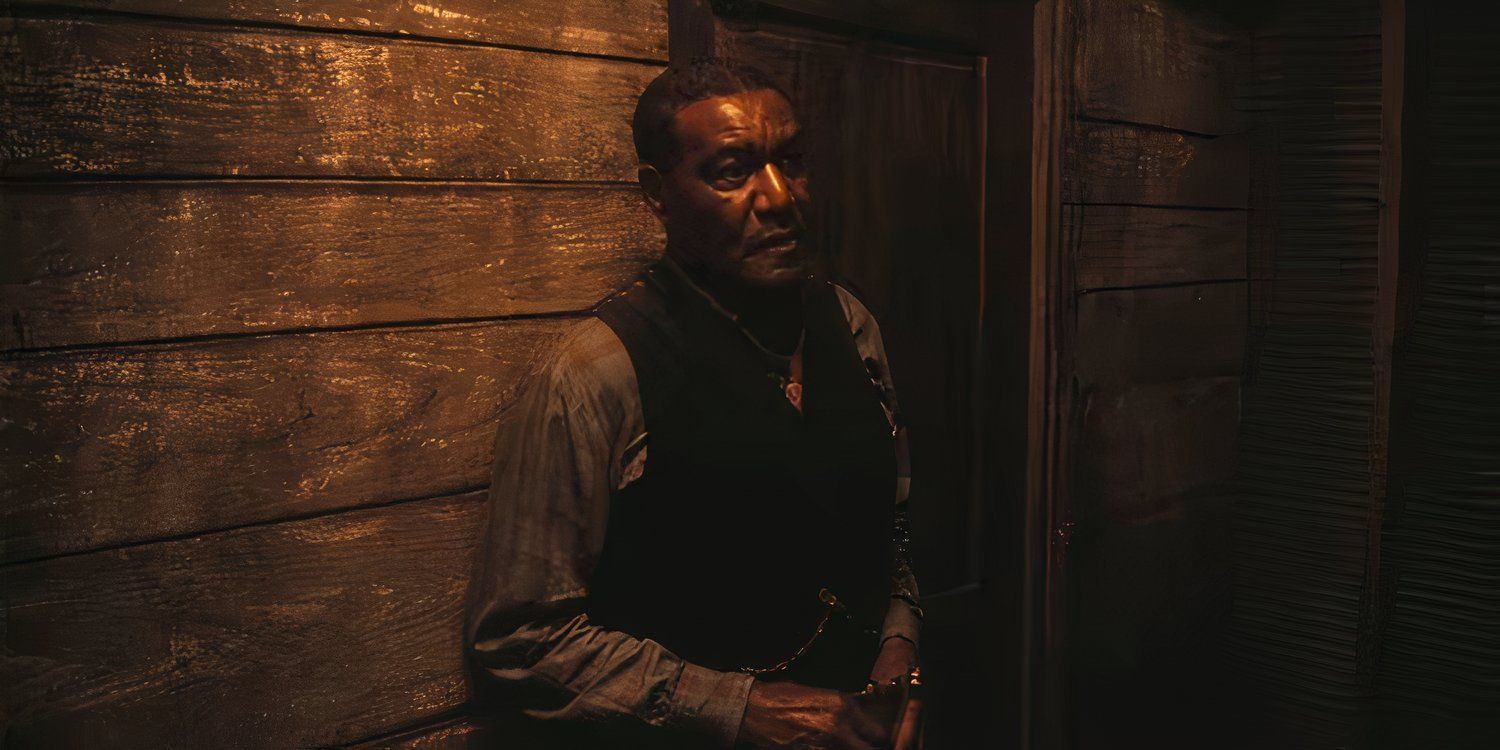
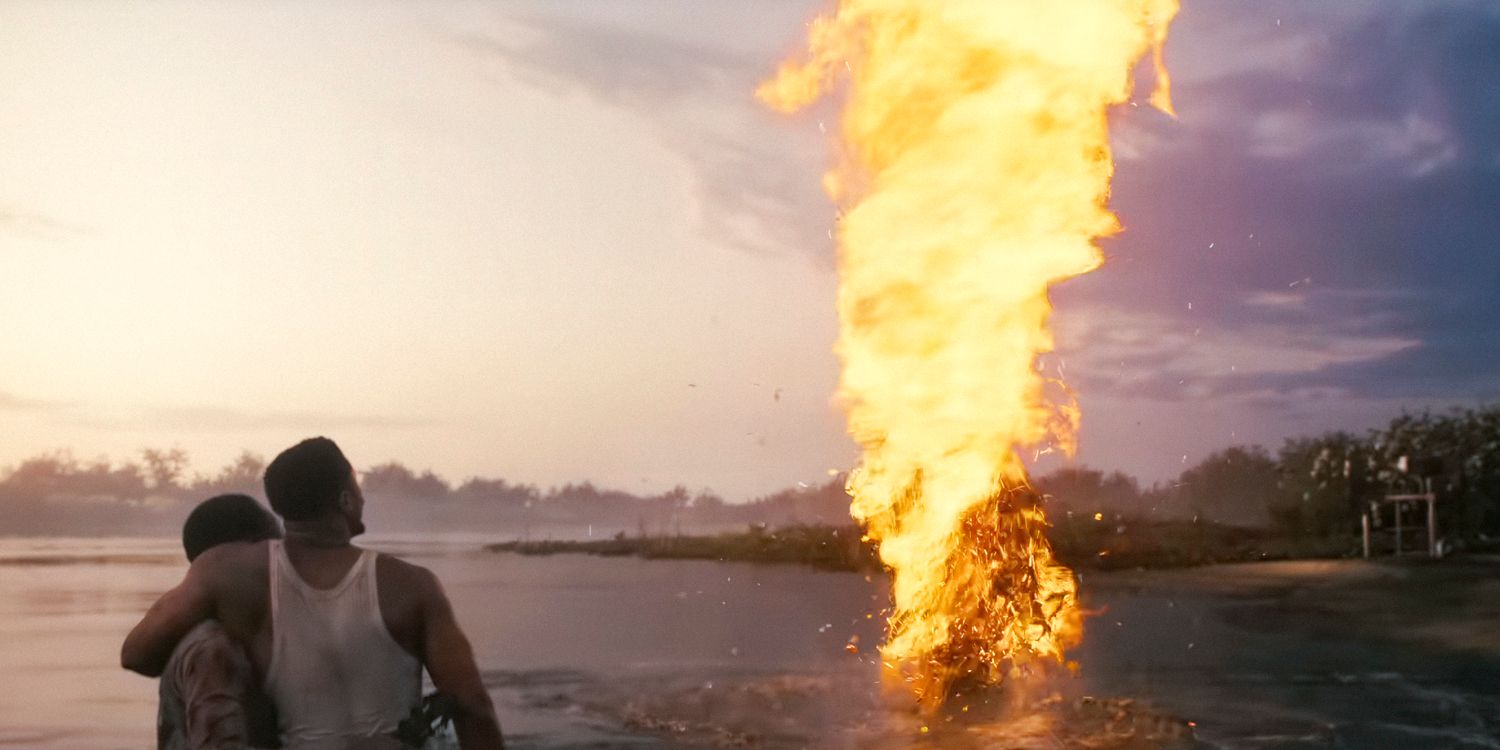
In his Letterboxd review, Mike Flanagan initially praises “Sinners” for its “outstanding acting” and “stunning musical sequences.” Later, he notes that the movie’s vampires serve as a symbolic representation of issues related to racial and cultural identity, appropriation, and legacy. Flanagan’s analysis of the film’s symbolism is spot-on as it distinguishes “Sinners” from most mainstream vampire films by giving these creatures a more human dimension, focusing on their yearning to preserve their unique identities rather than just depicting them as bloodthirsty beasts.
In the movie, Jack O’Connell’s character, Remmick, focuses on Sammie due to his conviction that Sammie’s unique musical talent can bridge all spiritual barriers, enabling him to communicate with his departed loved ones and reinforce his dwindling cultural background.
Characters such as Wunmi Mosaku’s Annie opt for death over coexisting forever since it would involve relinquishing their unique racial and cultural identities to a collective consciousness that demands conformity with Remmick’s idealized version of society. In the climactic scenes of Sinners, the antagonistic Klansmen, rather than the vampires, are portrayed as the true adversaries.
Flanagan’s Review Highlights How Similar Sinners Is To Midnight Mass
Midnight Mass Also Avoids Portraying Vampires In A One-Dimensional Light
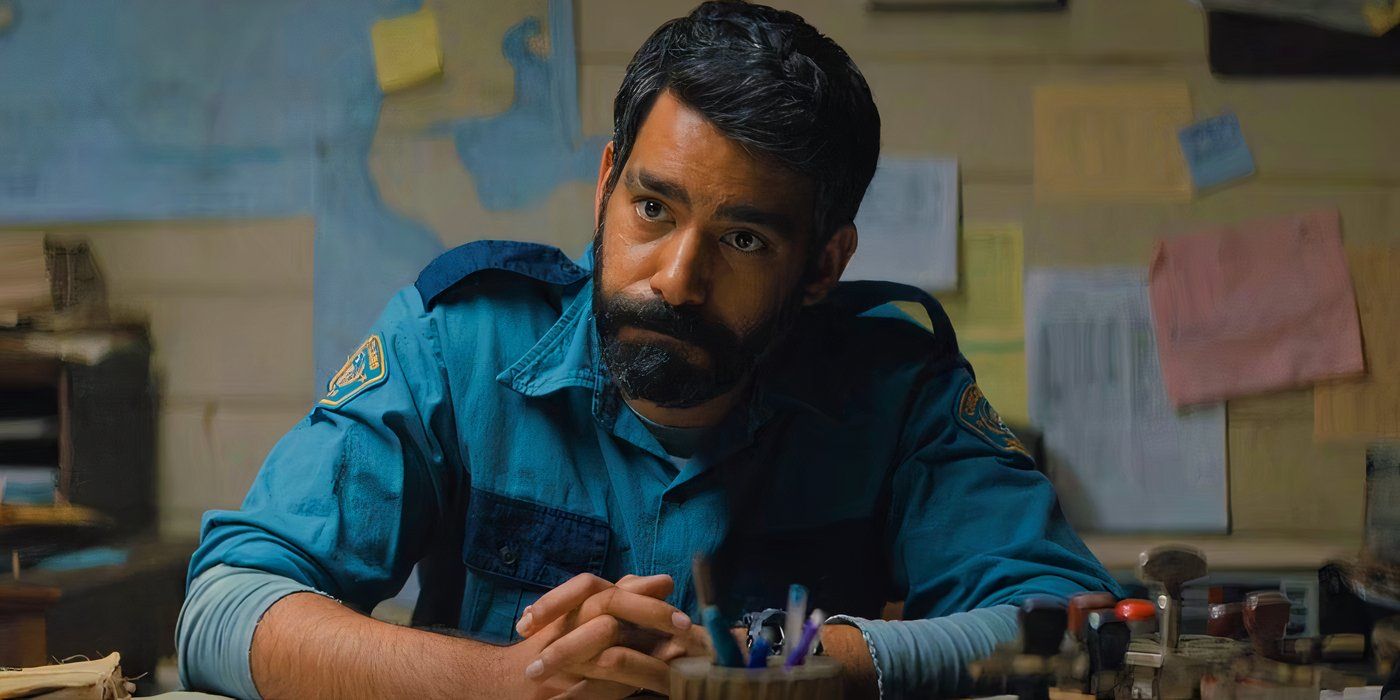
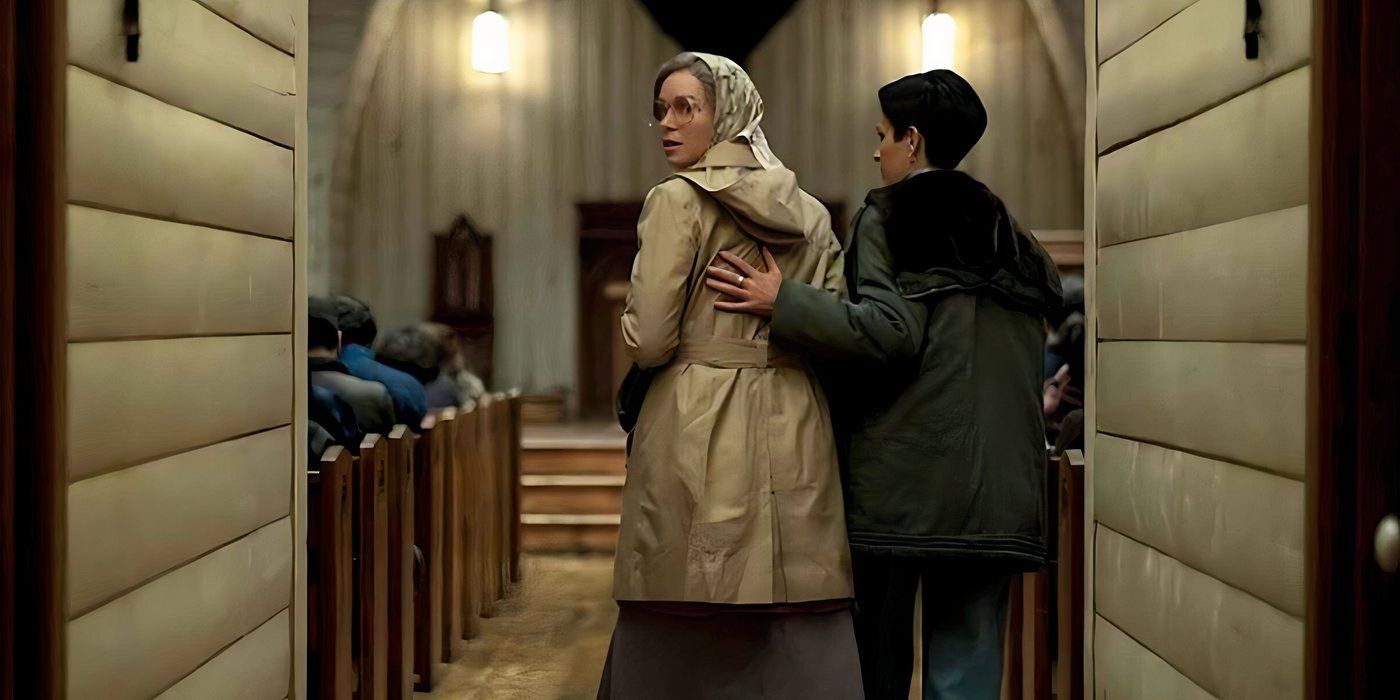
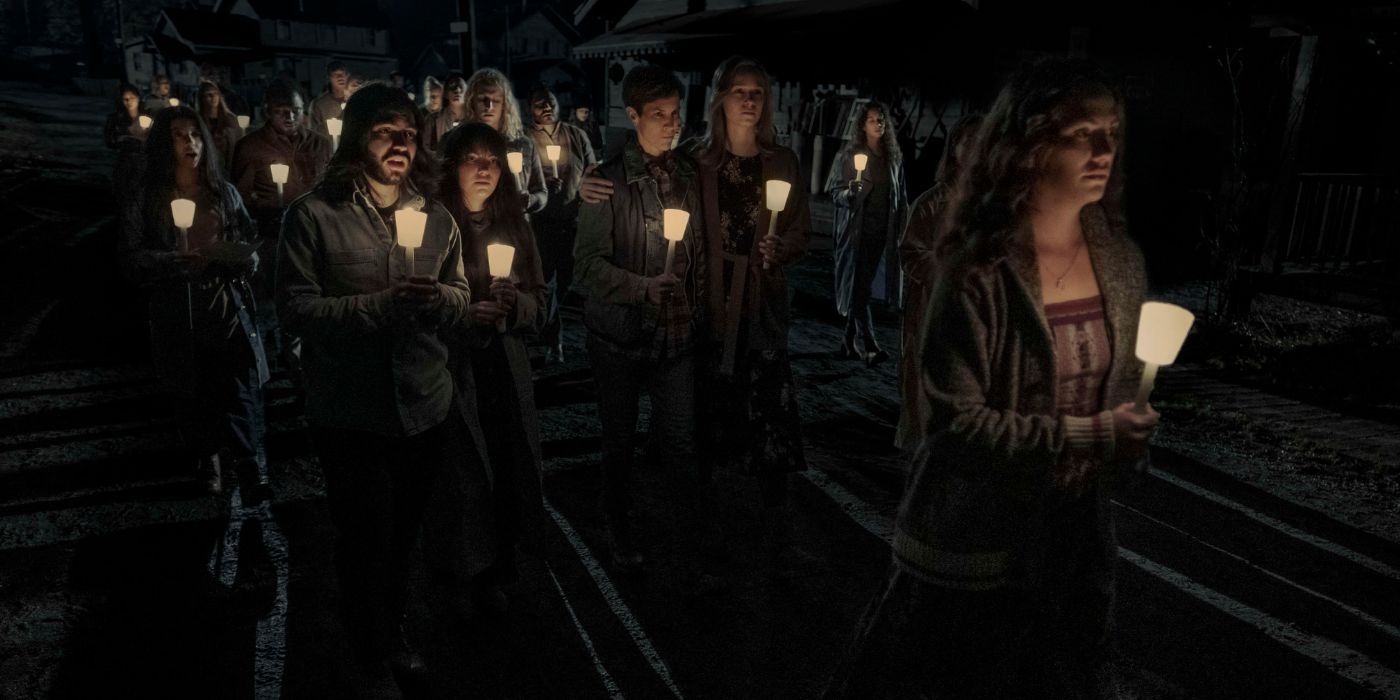
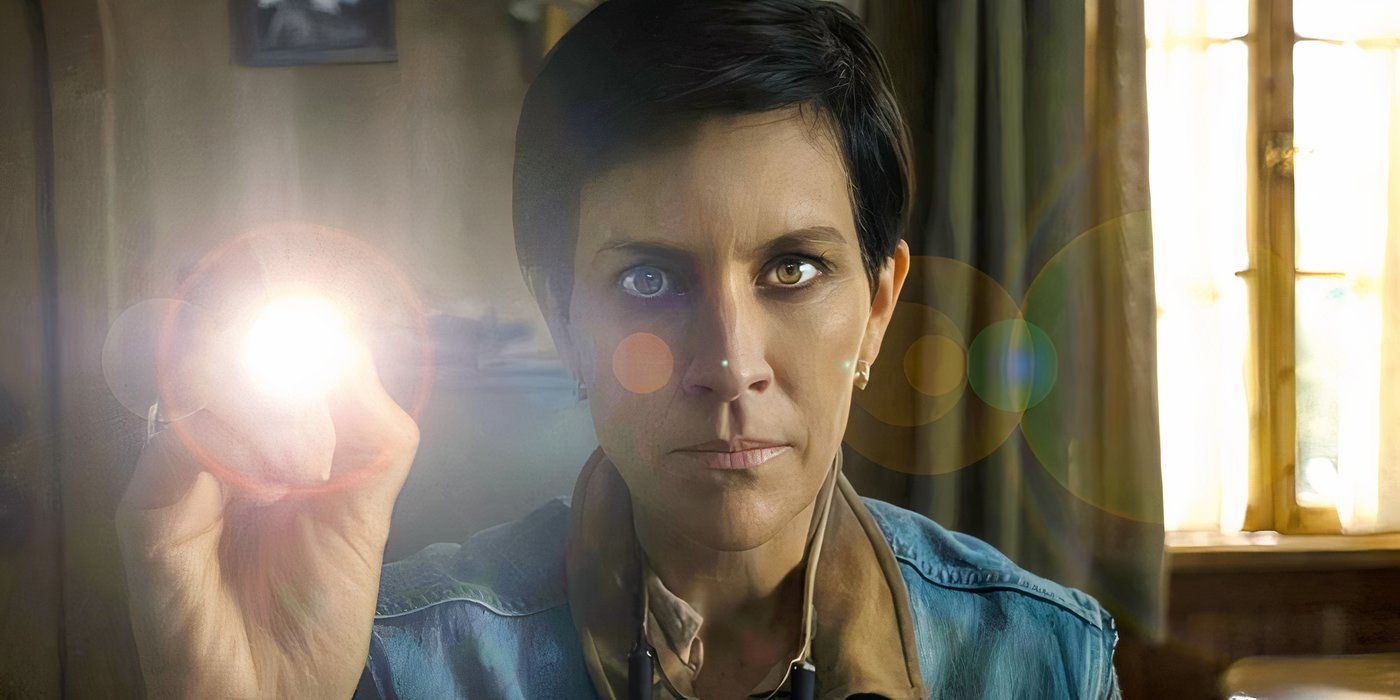

As a follower, I found the central vampire figures in Ryan Coogler’s Sinners and Mike Flanagan’s Midnight Mass to be downright frightening at first. However, as the stories unfolded, they both made it clear that not every human transformed into a vampire is naturally evil. It’s those individuals who, prior to their transformation, sought power and control without restraint, and had an inclination towards manipulation and causing harm, who ultimately became evil.
In the series ‘Midnight Mass’ and ‘Sinners’, vampirism symbolizes the allure of a perfect society where all religions merge into Christianity. However, some Catholic characters like Sheriff Hassan and Dr. Sarah Gunning find themselves excluded because this fusion might obliterate their unique religious and personal identities. Analogously, in ‘Sinners’, vampirism presents an illusion of utopian liberty, yet it threatens to abolish Black identity and culture, transforming them into a homogeneous group under the leadership of an Irish vampire.
Midnight Mass Serves As The Perfect Companion Piece To Sinners
Viewers Who Have Watched One Should Certainly Check Out The Other
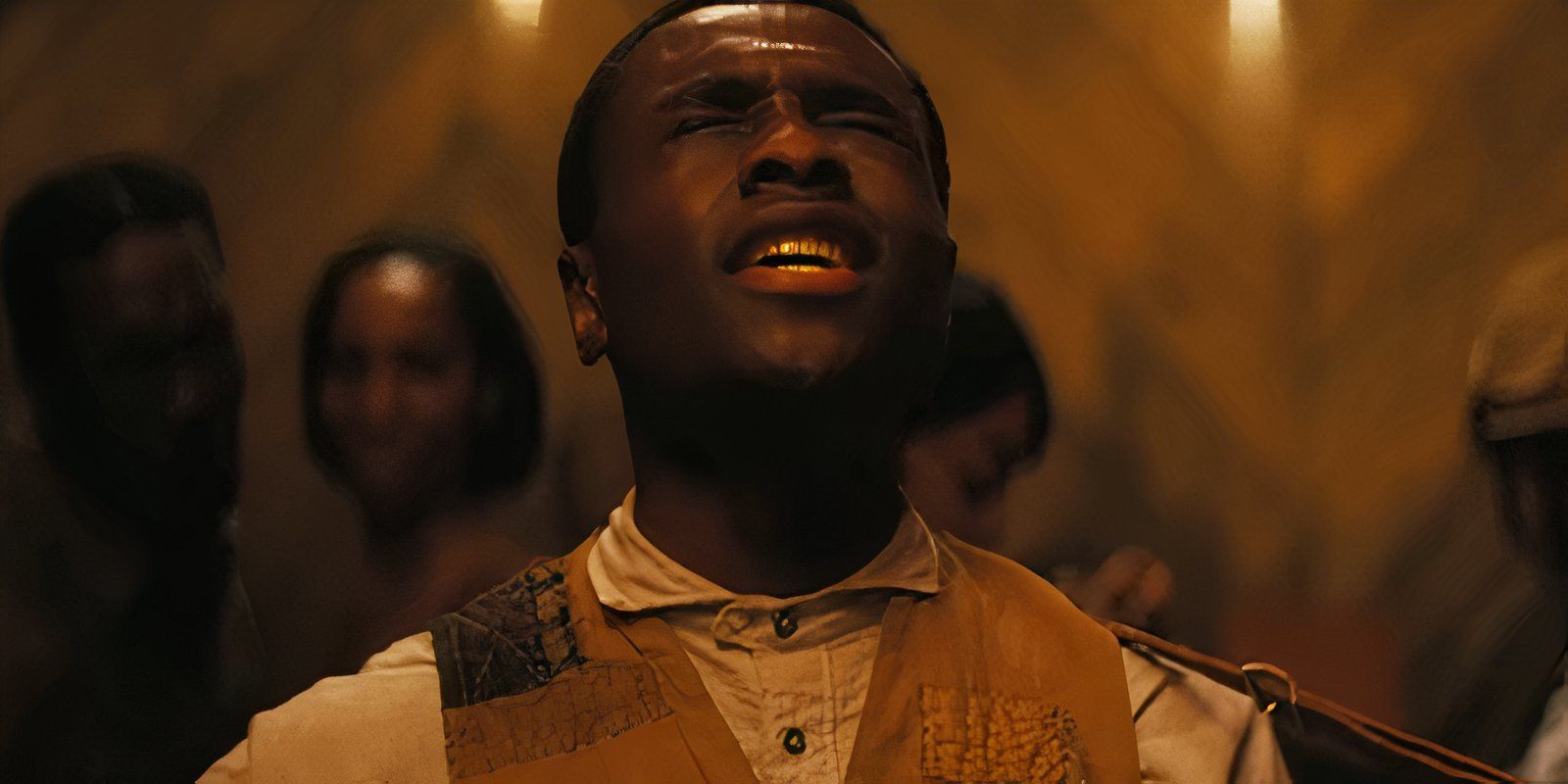
When it comes to speed, “Midnight Mass” moves at a more leisurely pace and takes its time to establish itself. However, both “Midnight Mass” and “Sinners” gradually reveal their storylines, eventually drawing viewers into their grisly action and drama. The two series seem to go hand in hand because they both use the fear of vampires as a platform for exploring themes such as morality, identity, trauma, and the price of immortality at the cost of personal autonomy.
In a parallel fashion, both ‘Sinners’ and productions by Mike Flanagan contain sequences depicting human characters becoming ensnared in a central vampire threat, often before they fully grasp its essence or acknowledge their own passions and instincts. Given these shared elements, audiences might find enjoyment comparing them as complementary works, as numerous themes and concepts seamlessly transcend the barriers that define their unique worlds.
Read More
- Clash Royale Best Boss Bandit Champion decks
- Vampire’s Fall 2 redeem codes and how to use them (June 2025)
- Mobile Legends January 2026 Leaks: Upcoming new skins, heroes, events and more
- World Eternal Online promo codes and how to use them (September 2025)
- How to find the Roaming Oak Tree in Heartopia
- Clash Royale Season 79 “Fire and Ice” January 2026 Update and Balance Changes
- Best Arena 9 Decks in Clast Royale
- Clash Royale Furnace Evolution best decks guide
- Best Hero Card Decks in Clash Royale
- FC Mobile 26: EA opens voting for its official Team of the Year (TOTY)
2025-05-03 06:30